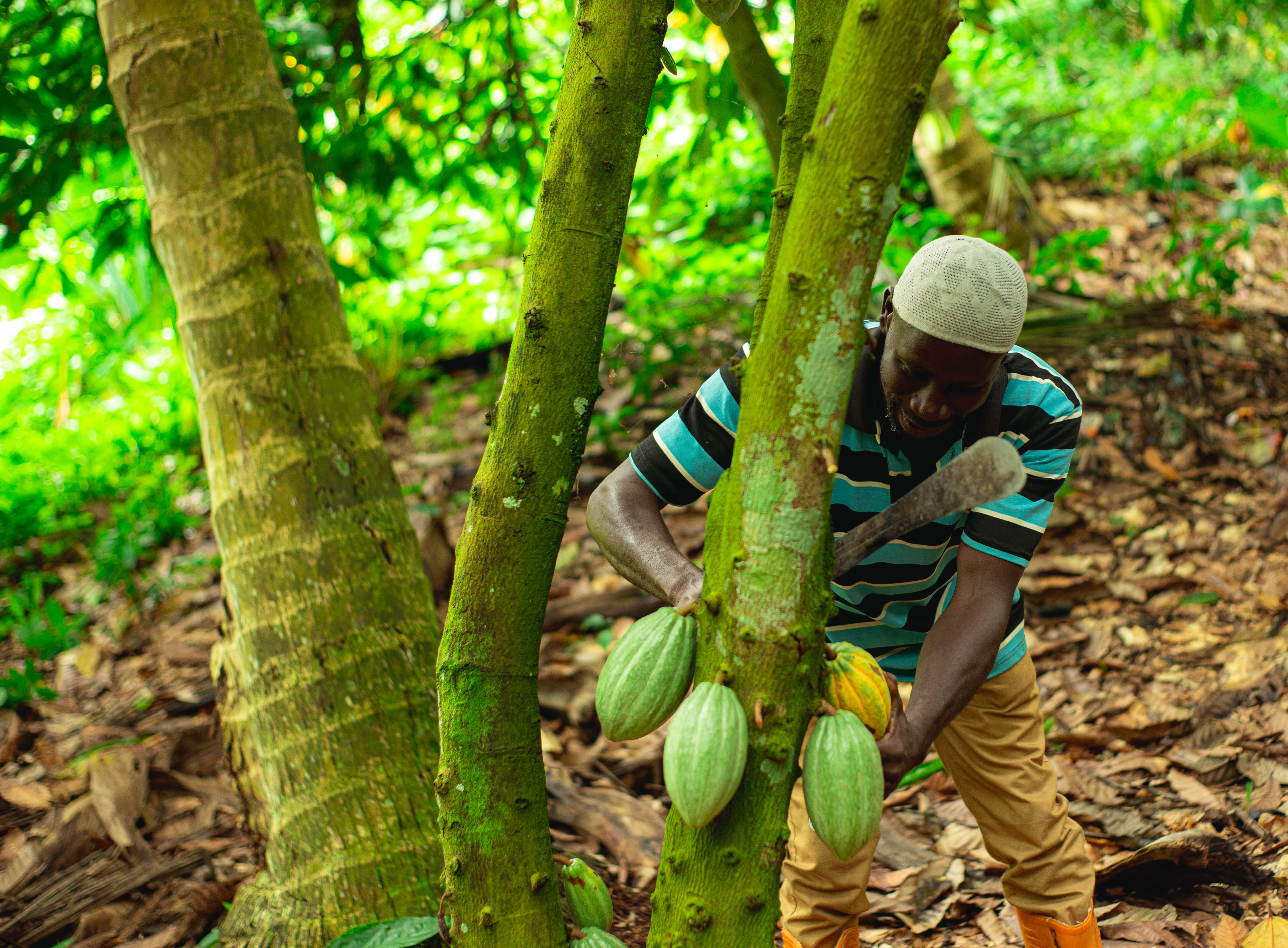Reading time:4 min read
Ways Commodity Exchanges can help Food Systems in Africa
Eleni Gabre-Madhin established the first commodity exchange in Africa following a famine in her home country, Ethiopia, in 2002. The country had witnessed a bumper crop harvest for the preceding two years and was shocked by this famine. At that point, Eleni knew it was time to try a different approach - strategic distribution - that went beyond food production as the latter alone could not solve Africa’s food problems. This commodity exchange established a reliable market for buyers and sellers to meet and inspired other African countries to develop their own commodity exchanges.
Since the establishment of AFEX in 2014, we have been facilitating trade in Africa through the deployment of a trusted commodities exchange model for the African market; creating the backbone for sustainable consumption and production of commodities. Through our work, at AFEX we are making African economies more inclusive, and boosting the critical links between agriculture and finance, especially in a continent where information crucial to efficient trading is limited.

African farmers have been victims of fractured and disorganized markets where they have had to sell their products lower than the market price. This is why Africa's poorest are small-scale farmers who remain poor because they lack access to investment and techniques to optimize their farming. Without the infrastructure to connect their rural areas to large markets where their products can be bought and sold, they get cut off from profitable opportunities to stable and prosperous supply chains. This type of fragmentation means most farmers will remain poor and vulnerable to exploitation.
Covid19 caused significant disruptions in the supply chain to Africa's already weak food systems and affected both food itself and the people who farm. Social welfare mechanisms that could mitigate the impact of the pandemic are limited and struggling, and this has exposed the vulnerabilities of our food systems and created the need to strengthen the continent's resilience to manage future shocks.
According to the Global Network Against Food Crises report referenced by Tony Blair Institute for Global Change, before COVID-19, Africa was already home to more than 70% of the world's poorest people and 55 percent of the world's hungry. However, because of Covid19, in Africa alone, 22 million more people will need food assistance soon.
African agriculture would greatly benefit from improved seeds, fertilizer, machines, and other inputs but even more, farmers would benefit from significant investment in agri-processing facilities to reduce post-harvest losses. The Tony Blair Institute for Global Change estimates that 48 million people can be fed on post-harvest wastages yearly south of the Sahara.
Ways Commodity Exchanges Can Help Food Systems In Africa
-
Create access to market: Commodity Exchanges allow farmers to access an ethical trading platform and benefit from fairer transactions. As a result, they will make better investment decisions and economic growth.
-
Enable infrastructural development: Agriculture and food systems provide income for almost half of Africa's population and as much as 70 percent in East Africa alone. If the continent has developmental ambitions, resilient food systems must exist, and exchanges can act as conduits for better infrastructure such as roads and warehouses to transport or store goods.
-
Potential to boost intra-regional trade - Africa has an almost non-existent intra-regional trade. However, the African Continental Free Trade Area (AfCFTA) is poised to transform the face of commodity and other trading in Africa. The AfCFTA is a trade agreement between 44 of the 55 African Union countries to create a single market bolstered by the free movement of trade services and a single currency union.
-
Help farmers save on high transaction costs - By their very nature, Commodity Exchanges can reduce high prices in commodity value chains. These can include expenses incurred by farmers when trying to find buyers for their produce and costs associated with securing finance, among others. These benefits stimulate agricultural growth.
-
Help reduce financiers’ risk - Investors and financiers usually classify Africa as high risk and low profit, this has affected farmers' access to investment, and even loans attract high interest. But through commodity exchanges, ecosystem forms of financing now exist that help reduces the financiers' risk.
-
Make it possible for farmers to lock prices Market participants in commodity markets can lock prices of crops months before they are harvested and benefit from price changes. Farmers can plan, choose the most profitable crops to grow, and discern the best time to sell, minimizing the risk of revenue loss due to price fluctuation.
At AFEX we are empowering farmers with research and innovation, access to market, funding, and resources to thrive and ultimately strengthen Africa's weak food systems.
